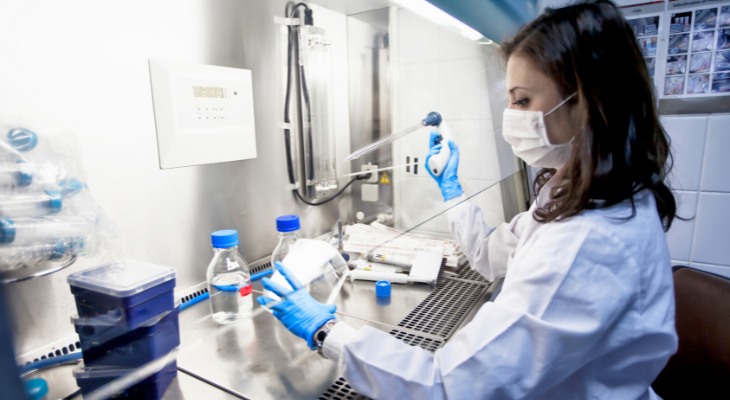EEOC Says Collecting Family Members’ COVID-19 Test Results Violates GINA
July 19, 2022

On July 6, 2022, the Equal Employment Opportunity Commission (EEOC) announced it had entered into a conciliation agreement with a Florida-based dermatology practice for violations of the Genetic Information Non-Discrimination Act (GINA) after an agency investigation found the medical practice was collecting employees’ family members’ COVID-19 testing results. In addition to paying compensatory damages and back pay, and restoring leave time to affected employees, the practice must also review its COVID-19 policies, conduct training, and post required notices to resolve the charge.
In its press release announcing the settlement, the EEOC stated, “Such conduct violates the GINA, which prohibits employers from requesting, requiring or purchasing genetic information about applicants or employees and their family members, except in very narrow circumstances which do not apply in this matter.” These exceptions include medical history acquired as part of the certification process for a Family Medical Leave Act request or family medical history obtained through a public means or a voluntary wellness program.
According to an EEOC Genetic Information Discrimination Guidance, “genetic information” includes the manifestation of a disease or disorder in an employee’s family members because family medical history is often used to determine whether an individual may be at an increased risk of developing a particular condition or disease in the future. That guidance also explains that under Title II of GINA, an employer may never use genetic information to make an employment decision because “genetic information is not relevant to an individual’s current ability to work.” The EEOC’s Technical Assistance Related to the COVID-19 Pandemic unambiguously states that GINA prohibits employers from inquiring about the COVID status of workers’ family members.
What do Employers need to do?
Although GINA was enacted in 2008, GINA claims have been relatively rare. In fact, GINA-related charges comprised less than 0.5% of the EEOC’s total caseload during the 2021 fiscal year. Nevertheless, employers should be mindful of inquiries to employees that seek COVID-19 medical information that may trigger GINA concerns. According to the conciliation agreement, employers should also “review their COVID-19 policies and practices in conjunction with the EEOC’s technical assistance related to the COVID-19 pandemic.”
GINA does not prohibit employers from asking employees whether they have had contact with anyone diagnosed with COVID-19 or who may have symptoms associated with the disease. However, under GINA, an employer may not collect COVID testing results from employees’ family members. With respect to vaccinations, the EEOC’s Technical Assistance confirms that incentivizing or requiring employees to be vaccinated and/or to provide proof of vaccination also does not implicate GINA. If the employer or its agent administers the vaccine or boosters, the pre-screening questions should not request information about the employee’s genetic information or family medical history.
Unlike other nondiscrimination laws enforced by the EEOC, GINA does not require an employee to prove they were harmed by the improper collection of genetic data. Not surprisingly, the EEOC has interpreted GINA broadly to include COVID-19, while at least two district courts have adopted a narrower interpretation requiring an element of “genetic risk,” which basic COVID tests do not satisfy.
Employers should consult with their legal counsel to review their COVID-19 information collection policies and discuss strategies for minimizing risk given the EEOC’s broad interpretation of GINA.